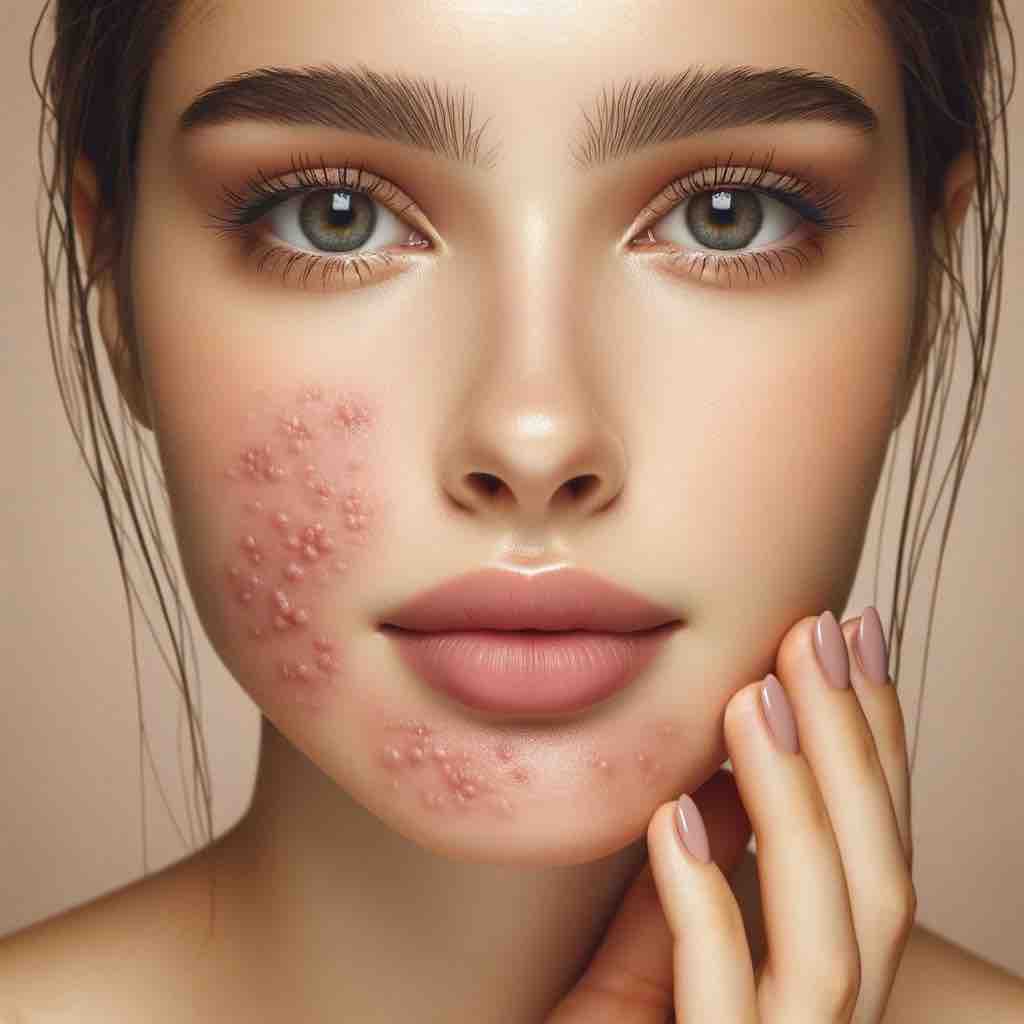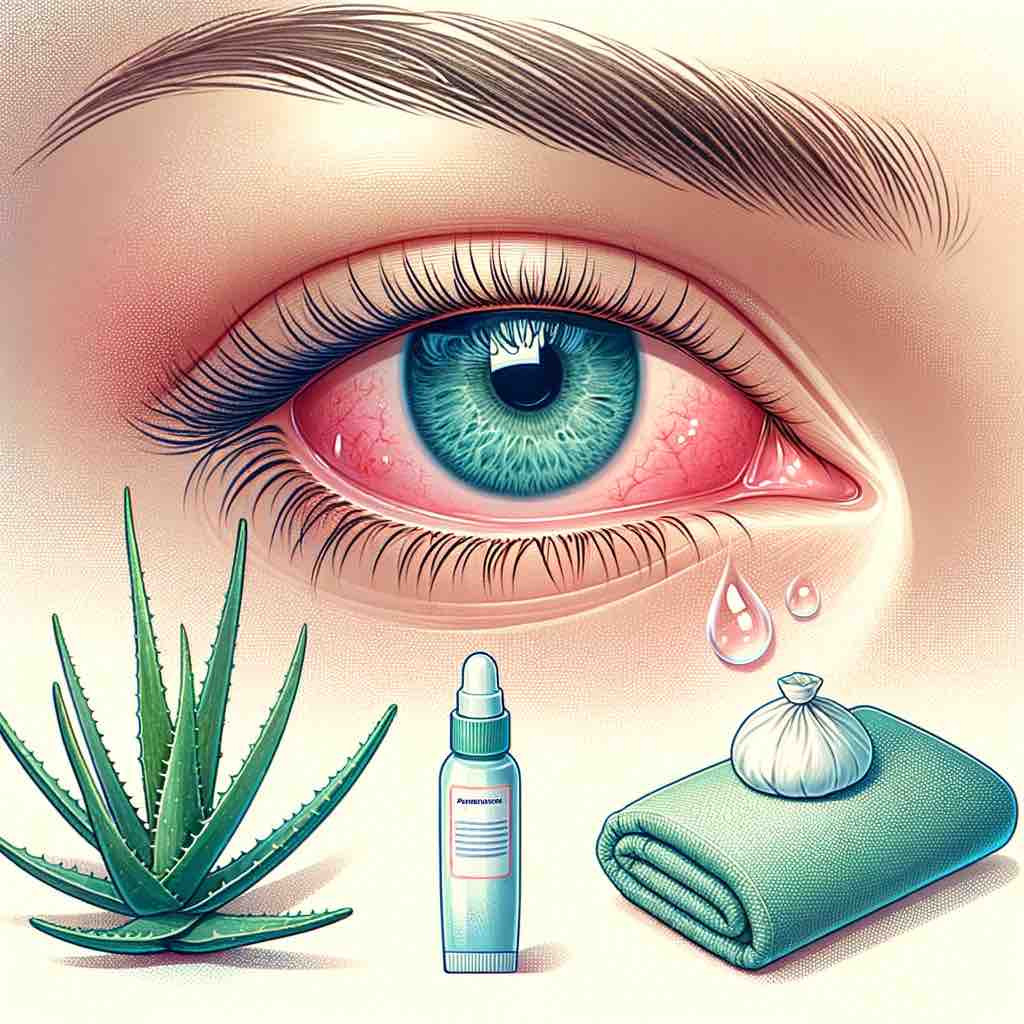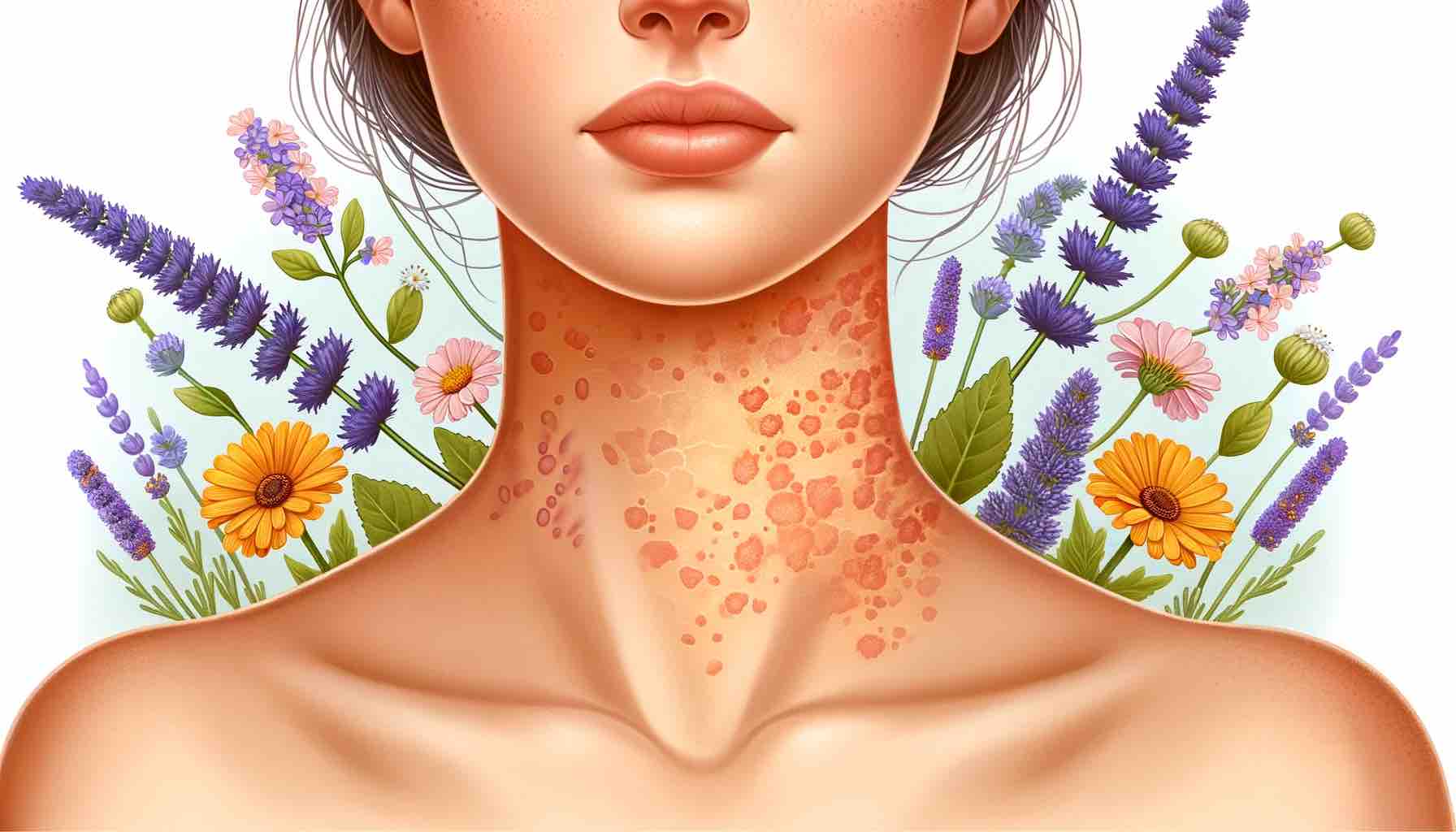
Welcome to the intricate and beautiful journey of motherhood – a path marked not just by the growth of life within but also by the transformative changes in your own body. Among these changes, stretch marks are a common, yet often unspoken, part of the pregnancy experience.
As you embark on this incredible journey, it’s important to remember that each body tells its own unique story. Stretch marks, or as some prefer to call them, “tiger stripes,” are a testament to the incredible process your body undergoes to nurture and grow new life. They are not just lines on the skin, but symbols of strength, love, and the miracle of creation.
Why Do Stretch Marks Appear?
During pregnancy, your body undergoes rapid changes. As your belly swells to accommodate the growing life inside, your skin stretches, often leaving behind these telltale marks. They can vary in color – from pink to purple to silver – and texture, and they may appear on your abdomen, breasts, hips, or thighs.
Remember, it’s not just the physical stretch of the skin that leads to these marks. Hormonal changes play a crucial role too, affecting the skin’s elasticity and resilience. But here’s the thing: whether or not you’ll get stretch marks is as unique as you are. Genetics, skin type, and the nature of your pregnancy all intertwine in this natural process.
A Journey Shared
In this shared journey of motherhood, you’re not alone. Countless women have walked this path, each with her own set of stripes, each with her own story. And while the internet is awash with advice and products promising to prevent or erase stretch marks, the truth is, they are a normal part of many pregnancies. No cream or oil, no matter how well-marketed, guarantees their prevention.
But there’s beauty and power in these marks. They are reminders of the life you’ve carried and the incredible journey your body has undertaken. As we delve deeper into understanding and caring for these natural signs of motherhood, let’s do so with compassion and a celebration of the strength of our bodies.
In the posts to come, we’ll explore everything from the science of stretch marks to practical tips and product recommendations. But most importantly, we’ll do it with the understanding that every mark is a badge of honor, a part of your unique story as a mother.
So, let’s embrace our tiger stripes with pride and love, for they are part of the beautiful tapestry of motherhood.
The Science Behind Stretch Marks: A Closer Look
As we continue our exploration of stretch marks during pregnancy, let’s delve into the science behind these natural skin changes. Understanding the why and how can provide us with a deeper appreciation for our bodies and the remarkable journey they undergo during this special time.
What Exactly Are Stretch Marks?
Known medically as striae gravidarum, stretch marks are essentially micro-tears in the supporting layers of tissue under your skin. As your body grows rapidly during pregnancy, your skin stretches beyond its capacity, and the normal production of collagen (the major protein that makes up the connective tissue in your skin) is disrupted. This results in thin, scar-like lines that we see as stretch marks.
Initially, these marks may appear reddish or purplish and slightly raised. This coloration is due to the small blood vessels that lie under your skin being visible through the tears. Over time, however, they gradually fade to a lighter, more silvery hue and become less noticeable.
The Role of Hormones
Hormones, particularly corticosteroid levels that increase during pregnancy, play a crucial role in the development of stretch marks. These hormones reduce the skin’s ability to stretch, making it more susceptible to tearing. This is compounded by the fact that pregnancy hormones also attract more water into the skin, relaxing the bonds between collagen fibers, and making the skin more prone to tearing.
Factors That Influence Stretch Mark Formation
- Genetics: If your mother or other close relatives have stretch marks, you’re more likely to have them too.
- Skin Type: Certain skin types are more prone to stretch marks.
- Weight Gain: Rapid and excessive weight gain during pregnancy can increase the likelihood of developing stretch marks.
- Baby’s Size and Position: A larger baby or a baby in a position that puts more pressure on certain parts of your body can also contribute.
- Multiple Pregnancies: With each subsequent pregnancy, the risk of stretch marks may increase.
Prevention: Is It Possible?
While there’s no foolproof way to prevent stretch marks, there are steps you can take to minimize their appearance:
- Maintain Healthy Skin: Keeping your skin hydrated and well-nourished helps maintain its elasticity. Regularly moisturizing can also reduce itchiness associated with stretching skin.
- Balanced Diet: Eating a balanced diet rich in vitamins and minerals, especially Vitamin C, E, zinc, and silica, aids in skin health and collagen production.
- Gradual Weight Management: Following your doctor’s guidelines for healthy weight gain during pregnancy can reduce the strain on your skin.
- Stay Hydrated: Drinking plenty of water keeps your skin supple and may help prevent stretch marks.
Treating Stretch Marks After Pregnancy
Once stretch marks have appeared, it’s difficult to erase them completely. However, there are various treatments and products that can reduce their appearance:
- Topical Treatments: Creams and oils containing ingredients like hyaluronic acid, glycolic acid, and retinoids can sometimes help. However, it’s crucial to choose products that are safe for use during pregnancy and breastfeeding.
- Laser Therapy and Microneedling: These professional treatments can improve the appearance of stretch marks but are usually recommended after pregnancy and breastfeeding.
In our next section, we’ll explore some popular products and home remedies that are often touted for stretch mark prevention and treatment. We’ll sift through the myriad of options to provide you with grounded, practical advice on caring for your skin during this transformative period.
As we journey through these changes together, remember that each line on your body is a part of your unique story, a physical embodiment of the life you are bringing into the world. These marks are not just scars; they are stories of growth, love, and the incredible power of the female body.
Navigating the World of Stretch Mark Products and Remedies
With a clearer understanding of what stretch marks are and why they occur, let’s navigate the vast world of products and home remedies that promise to either prevent or treat them. This exploration is aimed at providing you with a balanced view, helping you make informed decisions about what might work best for your skin during and after pregnancy.
1. Topical Creams and Oils
There’s a myriad of creams and oils in the market that claim to prevent or reduce stretch marks. Here’s a look at some popular types:
- Rich Moisturizers: Products containing cocoa butter, shea butter, and hyaluronic acid are known for their deep moisturizing properties. While they may not prevent stretch marks, they can alleviate skin tightness and itching.
- Vitamin-Enriched Oils: Oils infused with vitamins E and C can help in maintaining skin elasticity and may aid in the healing process.
- Retinoid Creams: Post-pregnancy, some women turn to retinoid creams for stretch mark reduction. Note that retinoids are not recommended during pregnancy and breastfeeding.
2. Diet and Hydration
The role of a healthy diet and adequate hydration can’t be overstressed. Foods rich in vitamins C and E, zinc, and silica are great for skin health. Staying well-hydrated keeps the skin supple, potentially reducing the risk of stretch marks.
3. Gentle Exercise
Regular, gentle exercise during pregnancy can improve blood circulation and skin elasticity. Always consult with your healthcare provider before starting any new exercise regimen during pregnancy.
4. Massage
Gently massaging your belly, hips, thighs, and breasts can improve circulation and skin elasticity. Use a mild, safe moisturizer or oil while massaging.
5. Natural and Home Remedies
Some women prefer natural remedies, such as aloe vera, almond oil, or olive oil. While scientific evidence supporting their effectiveness is limited, they are known for their hydrating and soothing properties.
6. Professional Treatments
For women looking at options post-pregnancy, professional treatments like laser therapy, microneedling, and dermabrasion can be explored. These treatments aim to improve skin texture and appearance but often come with a higher cost and should be considered after thorough research and consultation with a dermatologist.
7. Emotional Well-being and Body Positivity
It’s crucial to also focus on emotional well-being. Embrace the changes your body is going through. Practicing self-love and body positivity can have a profound impact on your overall pregnancy experience.
In the end, whether to use a particular product or try a specific remedy is a deeply personal choice. What works for one person may not work for another. The key is to find what makes you comfortable and confident in your own skin. Remember, these marks are a part of your unique journey into motherhood – they tell a story of growth, resilience, and the miracle of life.
In our next section, we will dive into real-life experiences and stories from mothers about their journey with stretch marks during and after pregnancy. These stories bring to life the reality that while products and remedies are helpful, the true beauty lies in the journey and the experiences shared.
Key Takeaways and Empowerment: Celebrating Motherhood and Resilience
As we conclude our series on pregnancy stretch marks, it’s important to reflect on the key insights we’ve gathered from scientific explanations, product reviews, and most importantly, the real-life experiences of mothers. This journey of understanding and acceptance brings us to a place of empowerment, where we celebrate the resilience and beauty of mothers and their bodies.
Embracing the Natural Process
- A Natural Part of Pregnancy: Recognize that stretch marks are a natural part of many pregnancies. They’re a sign of your body’s incredible ability to grow and nurture life.
- Genetics and Individuality: Understand that genetics play a significant role and that each woman’s experience with stretch marks is unique.
Balanced Approach to Prevention and Treatment
- Health and Nutrition: Emphasize the importance of a balanced diet and hydration for overall skin health.
- Realistic Expectations: Set realistic expectations about the effectiveness of creams and oils. While they can aid in skin hydration and elasticity, they may not prevent stretch marks entirely.
- Post-Pregnancy Care: Explore safe and effective post-pregnancy treatments if you wish to reduce the appearance of stretch marks, keeping in mind that they are part of your body’s history.
Beyond the Physical: Mental Health and Body Positivity
- Mental and Emotional Well-Being: Acknowledge the emotional impact of body changes and advocate for a supportive environment where feelings can be openly shared and addressed.
- Body Positivity: Encourage a positive body image, celebrating the marks as symbols of the incredible journey of motherhood.
Community and Support
- Seeking Support: Encourage finding support in communities, whether it’s through online forums, local groups, or conversations with friends and family.
- Sharing Stories: Emphasize the power of sharing stories to foster understanding, empathy, and a sense of community.
Final Thoughts: A Celebration of Motherhood
As we wrap up, let’s remember that pregnancy and motherhood are profound journeys that bring about immense physical and emotional changes. Stretch marks are just one part of this incredible journey. They are a testament to the life you nurtured and the strength of your body.
Let’s shift the narrative from viewing stretch marks solely as a skin issue to seeing them as a badge of honor, a part of the extraordinary process of bringing a new life into the world. Embracing and loving your body, with all its changes, is not just an act of self-love but a celebration of the incredible role you play as a mother.
To all the mothers out there – with or without stretch marks – your bodies are remarkable, and your stories are worth celebrating. Here’s to embracing every part of the journey, with pride and love.
10 FAQs on Pregnancy Stretch Marks
1. What exactly are stretch marks? Stretch marks, medically known as striae gravidarum, are small tears in the layers of tissue under the skin, caused by rapid stretching during pregnancy.
2. Can I completely prevent stretch marks during pregnancy? While you can’t completely prevent stretch marks, maintaining healthy skin through hydration and a balanced diet, and managing weight gain can help minimize their appearance.
3. Are stretch marks harmful to my pregnancy or baby? No, stretch marks are not harmful to either the mother or the baby. They are purely a cosmetic concern.
4. Do stretch marks go away after pregnancy? Stretch marks fade over time and become less noticeable, but they don’t usually disappear completely.
5. What are the best ways to treat stretch marks post-pregnancy? Post-pregnancy, options include topical treatments with ingredients like hyaluronic acid, as well as professional treatments like laser therapy and microneedling, after consulting with a dermatologist.
6. Is it safe to use stretch mark creams during pregnancy? Many stretch mark creams are safe, but it’s important to check the ingredients and, if in doubt, consult with a healthcare provider.
7. How do genetics influence stretch marks? Genetics play a significant role; if close relatives have stretch marks from pregnancy, you’re more likely to develop them too.
8. Can diet and exercise affect the development of stretch marks? Yes, a balanced diet rich in vitamins and minerals and regular, gentle exercise can help maintain skin elasticity, potentially reducing the risk of stretch marks.
9. Are natural remedies effective for stretch marks? Natural remedies like aloe vera and almond oil can soothe and hydrate the skin but there is limited scientific evidence on their effectiveness in preventing or reducing stretch marks.
10. How can I emotionally cope with the appearance of stretch marks? Embracing body positivity, seeking support from communities, and focusing on the incredible journey of motherhood can help in emotionally coping with stretch marks.
Blog Tags for the Post:
pregnancy, stretch marks, skincare, motherhood, body positivity, postpartum care, natural remedies, skin health, pregnancy wellness, emotional well-being














